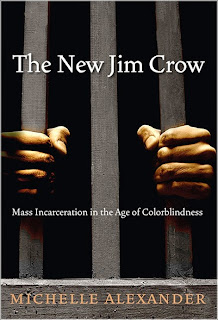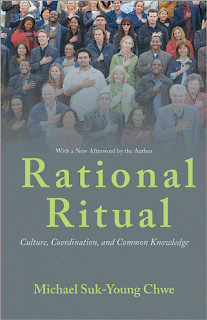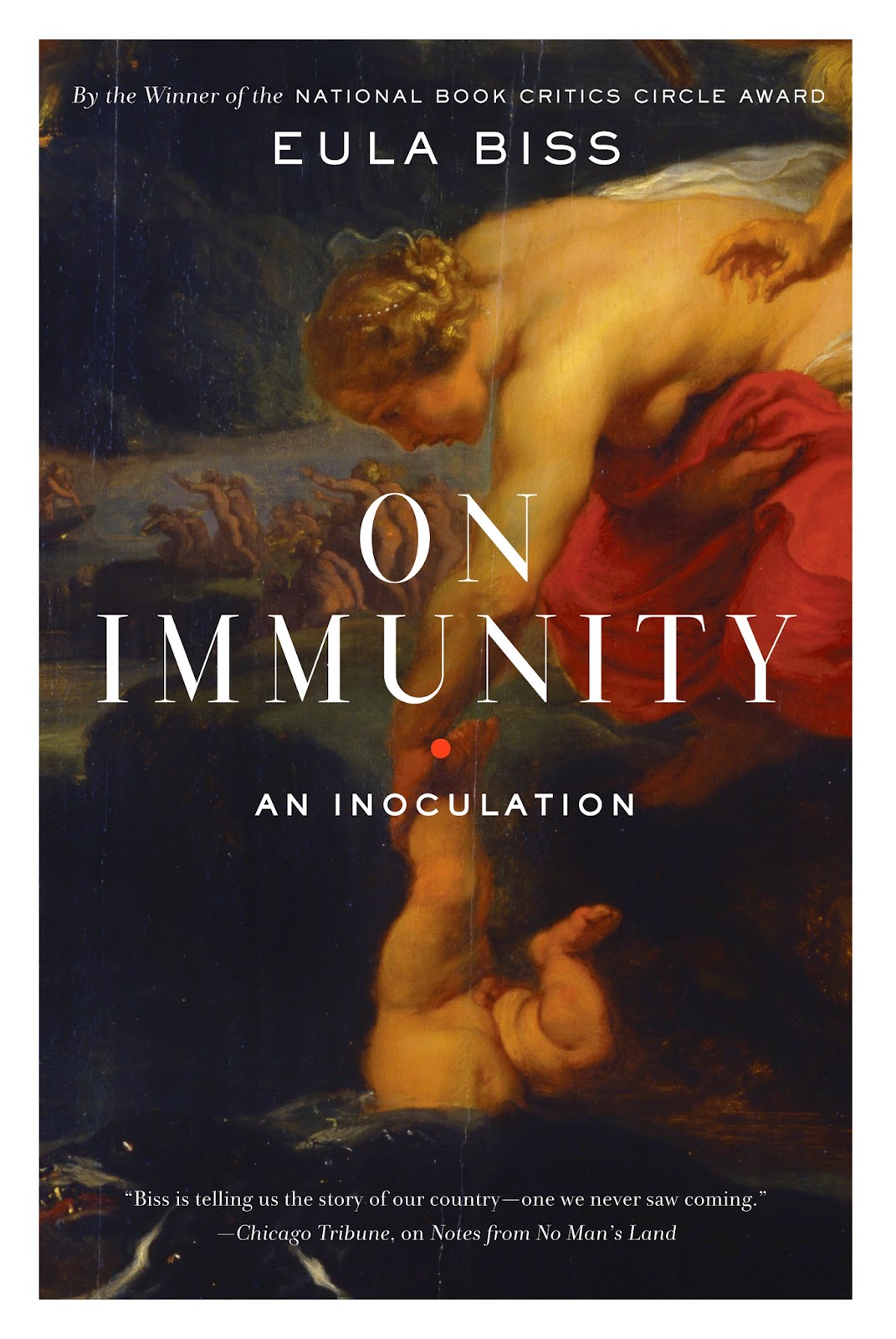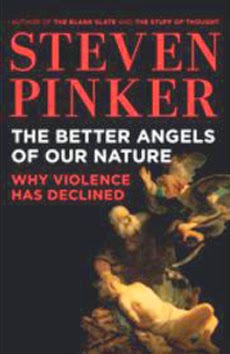My Dungeon Shook and My Chains Fell Off

A democratic society requires mature, public conversation about issues of importance. Facebook CEO Mark Zuckerberg has convoked " A Year of Books " to offer such an opportunity. This commentary is part of a series of commentaries on each of the readings proposed by Zuckerberg. My commentary on Michelle Alexander's The New Jim Crow: Mass Incarceration in the Age of Colorblindness will have multiple entries for this truly remarkable book. This is the fourth of those entries. Having described something of the argument constructed by Michelle Alexander in The New Jim Crow in previous blog entries, here we will take a look at her stirring final chapter, "The Fire This Time." Alluding to James Baldwin's The Fire Next Time , a 1963 book consisting of a pair of essays. In this chapter, Alexander argues that only a major social movement to end mass incarceration with "an ethic of genuine care" for all persons will end the succession of racial caste s...








